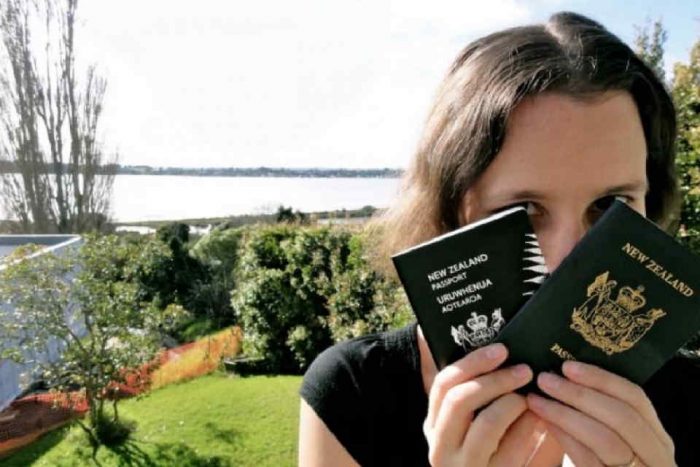In a move to bolster tourism between the two countries, New Zealand and Japan have announced a partnership that will see each country issuing visas for one another’s citizens. The agreement is set to improve travel between the two countries, as well as creating more opportunities for Japanese investors in New Zealand. NEW ZEALAND VISA FOR JAPANESE CITIZENS
New Zealand and Japan Announce Partnership to Enhance Tourism
New Zealand and Japan today announced a partnership to enhance tourism. The two countries will cooperate in the areas of tourism information and marketing, air travel, hotel accommodation, and other commercial ventures. The goal is to make New Zealand an even more popular tourist destination for Japanese visitors while also increasing bilateral trade.
The partnership comes as both countries face challenges with international tourism. In 2016, New Zealand generated only $1.8 billion in revenue from visitor arrivals, down from $2.6 billion in 2010. Japan is a main source of visitors to New Zealand, accounting for 28 percent of all arrivals in 2016.
“This new partnership builds on our long-standing friendship and cooperation,” said Prime Minister Jacinda Ardern of New Zealand. “By working together we can create more opportunities for tourists from both countries to enjoy each other’s beautiful shores.”
The agreement was signed during a meeting between Ardern and Japanese Prime Minister Shinzo Abe at Abe’s official residence in Tokyo today. NEW ZEALAND VISA FOR MEXICAN CITIZENS
What is the Partnership?
Japanese Prime Minister Shinzo Abe and New Zealand Prime Minister John Key announced a new tourism partnership on October 16, aimed at enhancing travel between the two countries. Under the partnership, Japan will provide New Zealand with $4 million in funds to support initiatives such as marketing and branding, event planning, and exploring new tourism destinations. Additionally, the Japanese government will provide advice and assistance to help develop new tourism products in New Zealand. The goal of the partnership is to increase tourist arrivals from Japan by 20 percent over the next five years.
How will it Benefit Tourists?
New Zealand and Japan have announced a new tourism partnership that will help the two countries boost trade and tourism. The agreement was signed during Japanese Prime Minister Shinzo Abe’s visit to New Zealand last month.
The partnership will focus on areas such as aviation, agriculture, digital infrastructure, education and health. It is hoped that the deal will create jobs in both countries and increase tourism exports from each by $500 million over five years.
New Zealand Tourism Industry Council chief executive Louise Edge said: “This landmark partnership with Japan is an important investment in New Zealand’s future, creating opportunities for our businesses and workers across many sectors.”
Japan is the number one tourist destination in Asia, with more than 100 million visitors each year. New Zealand is also a popular tourist destination for Japanese tourists, earning the country $5 billion annually in tourism revenue.
When Does the Partnership Start?
Japan and New Zealand have announced a partnership to enhance tourism. The aim of the partnership is to increase trade and investment between the two countries, as well as to improve tourism infrastructure. The partnership will also focus on promoting Japanese culture in New Zealand.
Why is this Important?
New Zealand and Japan have announced a partnership to enhance tourism. The two countries will work together to promote tourism in both countries, while also sharing best practices. The cooperation will focus on areas such as marketing, infrastructure, and hospitality.
This partnership is important because it brings together two of the world’s most popular tourist destinations. Japan is the second most visited country in the world, while New Zealand is fifth. The alliance will help increase tourism flows between the two countries and create jobs along the way.
